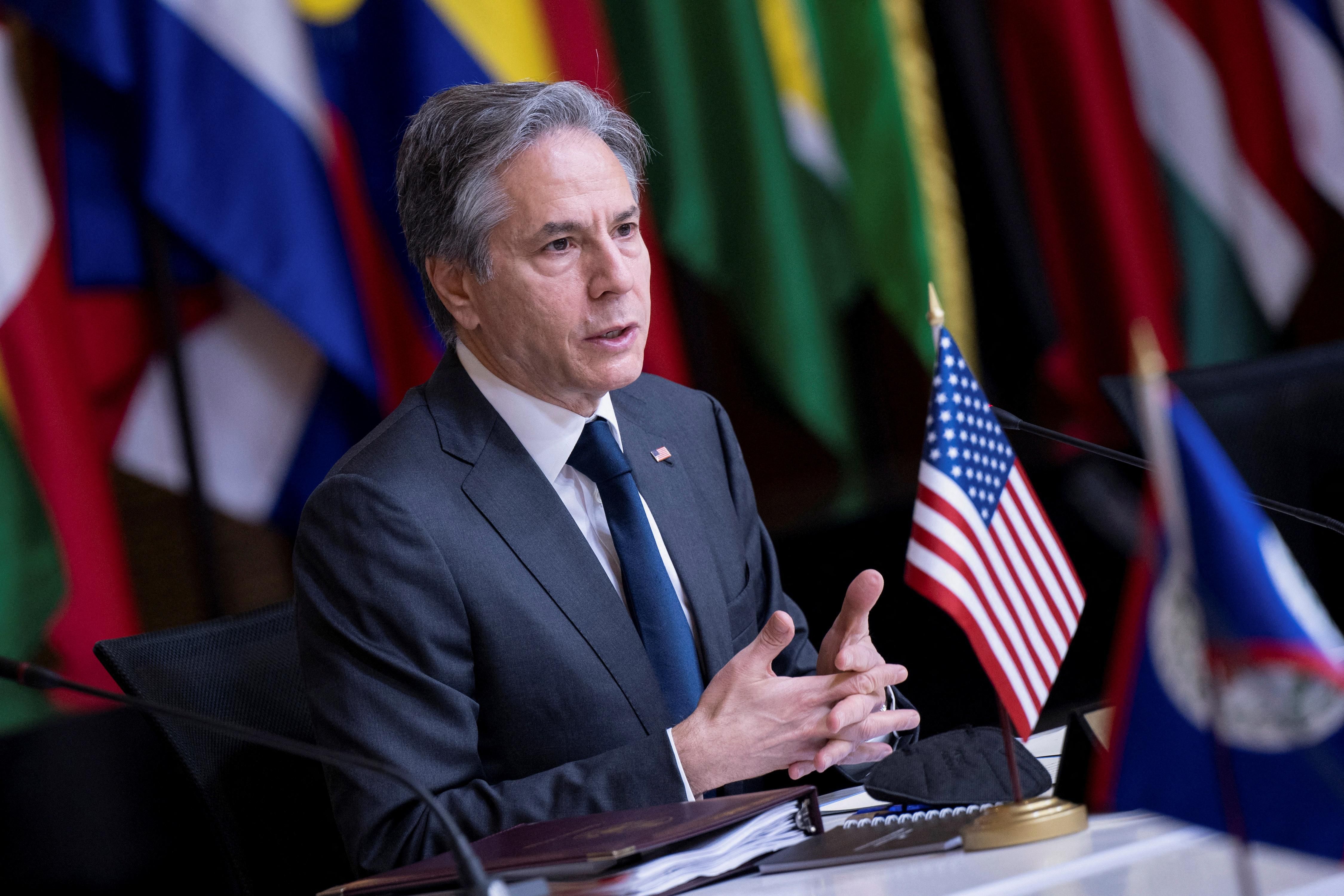Hard Numbers: Blinken leads migration summit, Rohingya tragedy in Malaysia, East Timor votes, South African leftists join Eswatini protests
April 20, 2022
U.S. Secretary of State Antony Blinken
Brendan Smialowski/REUTERS
20: US Secretary of State Antony Blinken is meeting with representatives from 20 countries in Panama this week to try and form an agreement on mass migration in Latin America. Immigration is proving a headache for Biden ahead of midterm elections: Last month, US border officials apprehended more than 200,000 people at the Mexican border, the biggest monthly influx in over two decades.
6: Six Rohingya refugees were killed crossing a highway while trying to flee a detention center in northwest Malaysia. The country was once a safe haven for Rohingya fleeing persecution in Myanmar, but in recent years, xenophobia and anti-immigrant sentiment have led to many refugees being held in unsanitary and oft-dangerous detention centers.
60: With 60% of the vote counted Wednesday, Jose Ramos-Horta looks set to win the presidential runoff in East Timor, Asia’s youngest democracy. Ramos-Horta, an independence fighter during Indonesia’s long occupation of the country and a Nobel laureate, served as president from 2007-2012. He’s vowed to tackle enduring poverty, corruption, and political instability.
36: South Africa’s Economic Freedom Fighters – the country’s third-largest political party with Marxist affiliations – joined protests on the border with Eswatini against King Mswati III, who has led that country’s absolute monarchy with an iron fist for 36 years. Eswatini has been plagued by anti-government protests since an extrajudicial killing by the king’s police last May.